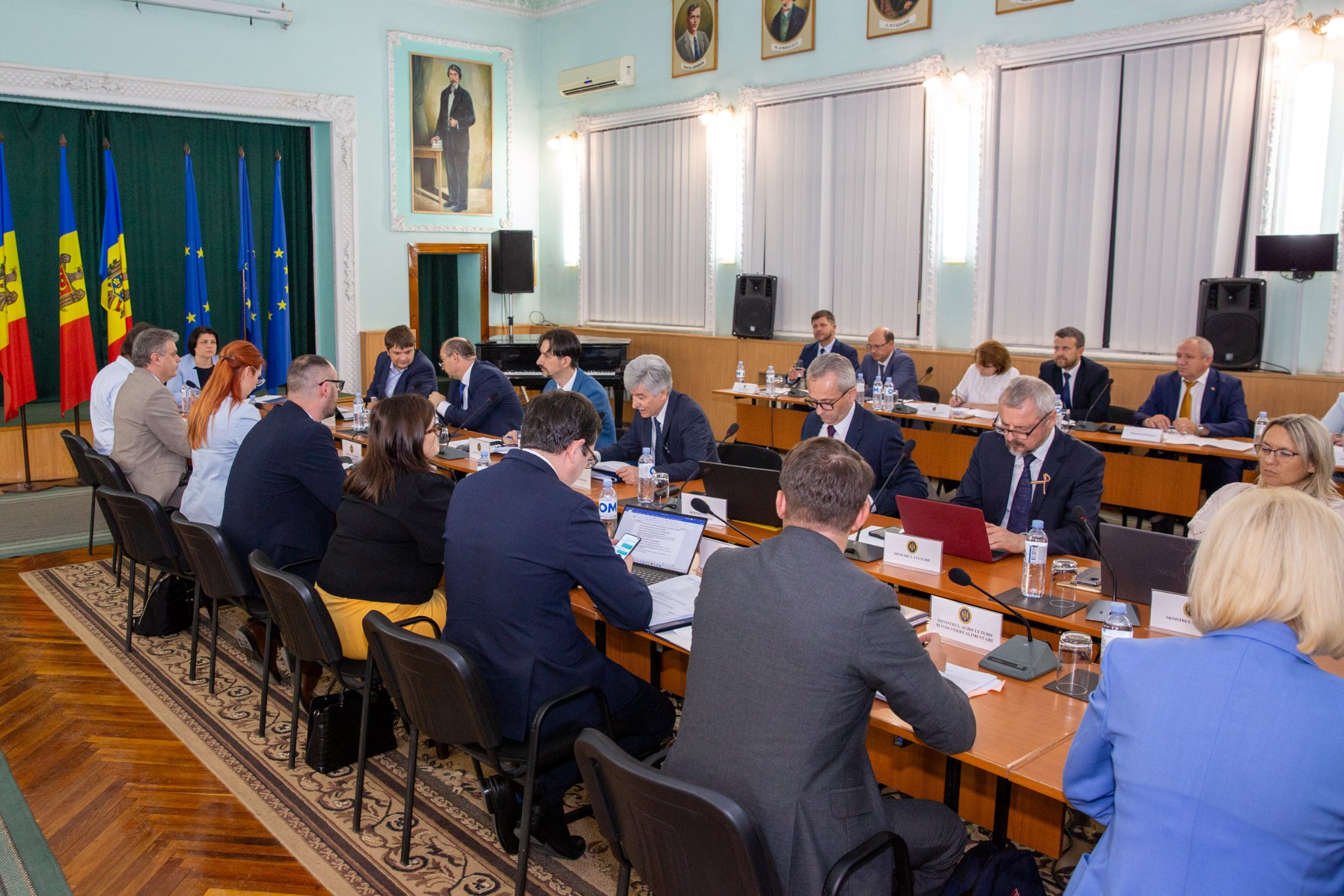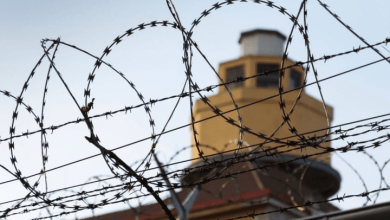The Government approved the creation of the Coordinating Council for Information Security

On July 6, the Government approved a draft decision on creating the Coordinating Council for Information Security. The document specifies it will be a collegiate body with advisory and operational powers that will assess the level of threat to national information security and suggest actions to eliminate the identified threat cases.
As part of the Republic of Moldova Information Security Strategy for 2019-2024 the initiative aims to “ensure a high level of information and cyber security”. The Council’s activities will focus on four segments: cyber security – to identify and investigate security issues; operational – to identify news that may affect the country’s information security; media – to assess factors that could harm the institutional integrity of media on virtual platforms; civil and private security – with many responsibilities, including reporting violations of the human right to free access to information.
The media unit will consist of 10 representatives of a number of public and non-governmental organizations, including the chairperson or an appointed member of the Audiovisual Council, the CEO of Teleradio-Moldova, the chairperson of the relevant parliamentary commission, the media advisor to president, representatives of the Independent Journalism Center, the Independent Press Association, the Electronic Press Association, the Press Council, the WatchDog.md rights and public policies protection community and the TRIACTIV association.
POWERS OF THE MEDIA UNIT
Members of the media unit are entrusted with a range of powers, including assessment of internal or external factors, whether intentional or unintended, “that damage or may affect the institutional, functional, structural, content-related, technological or other integrity of media materials on virtual platforms, in licensed audiovisual media and in periodical or unregistered print media, when cloning news portals/websites or the personalities of certain media managers, journalists or opinion leaders.” They will also examine “cases of activation of disruptive communication flows of foreign media in relation to the Republic of Moldova, the activity of information resources created for such purpose and the corruption of local media for manipulative information purposes”, as well as situations such as information aggression, propaganda, disinformation, intoxication or manipulation of the national information space.
Based on the information gathered, representatives of the media unit will have to submit analyses, assessments and decisions to the Council and to support media outlets in obtaining information from public institutions to refute false or manipulative news.
Other powers consist of assessing the observance of the right to provide free and reliable public information through Internet media platforms, news aggregators, social networks and news agencies, as well as submitting proposals and requesting support for “developing independent and fair online media”. Council members will also be able to assess the degree of media space transparency, including in relation to the owners of media institutions.
Decisions of the Council with an advisory vote will be sent to the President, the Parliament, the Government and other authorities or institutions.
Each unit, especially the media and the civil and private security units, can create its own network of information security experts, as the case may be, which will focus on identifying vulnerabilities, risks and threats to information security and solving certain relevant issues.
The networks can hold both open and closed meetings, while members of the Council will have the right to access information classified as state secrets.
The approved document notes that the activities of Council members will be funded by each body that has delegated its representative, while participation in the Council’s meetings will not be covered by the state budget. The project’s information note states that the activity can also be covered by external funding.
The Council’s term of office will continue beyond 2024 when the current information security strategy expires.



